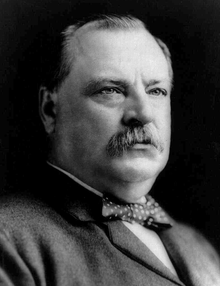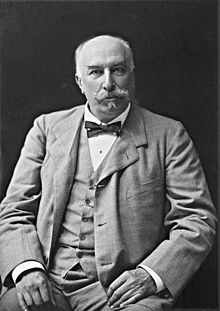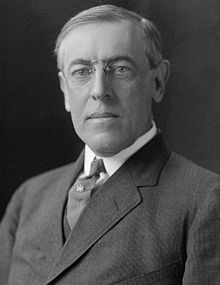Hey everyone,
just wanted to ask where people would want to see a Krulikist government come to power?
just wanted to ask where people would want to see a Krulikist government come to power?
Hey everyone,
just wanted to ask where people would want to see a Krulikist government come to power?
What do ya'll think. Should I adopt one of these flags over the one I posted earlier? Also could somebody post the Japanese symbol for fist. Thanks.
Here it is in 4 different styles
http://www.tribalshapes.com/categories/kanji/kanji-fist.html
Here is "Iron fist" on a coffee mug
http://www.cafepress.com/+iron_fist_kanji_symbol_ceramic_travel_mug,387351774
And here are alternate symbols I guess...
http://www.japanese-symbols.org/japanese-symbol-for-fist
Seems Google Images agrees on the basic symbol in the first link. The last link has some "simpler" designs, but I don't know how correct they are.
Here it is in 4 different styles
http://www.tribalshapes.com/categories/kanji/kanji-fist.html
Here is "Iron fist" on a coffee mug
http://www.cafepress.com/+iron_fist_kanji_symbol_ceramic_travel_mug,387351774
And here are alternate symbols I guess...
http://www.japanese-symbols.org/japanese-symbol-for-fist
Seems Google Images agrees on the basic symbol in the first link. The last link has some "simpler" designs, but I don't know how correct they are.
Theodore Roosevelt (1858)
J.P. Morgan (1837)
Alexander Graham Bell (1847)
Leonard Wood (1860)
Antonio Meucci (1808)
Giuseppe Verdi (1813)
Samuel Tilden (1814)
Giovanni Verga (1840)
Giovanni Giolitti (1842)
Paul von Hindenburg (1847)
Philippe Pétain (1856)
John J. Pershing (1860)
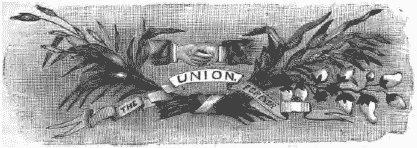
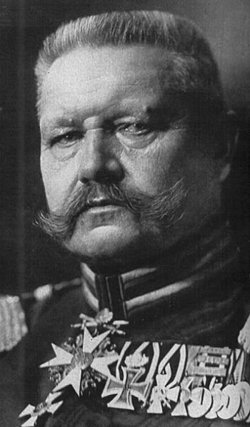
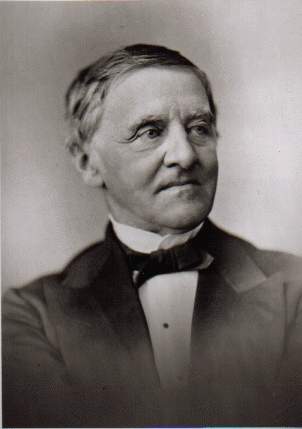
Wow, thanks for the quick reply! In a world where the Republicans remain the progressive party a switch of allegiance is very fit for SJT.
(But I think you meant "Tilden died in 1885" in the last sentence)
This is awesome; keep up the good work! As an aside, what implications do you think the Kobushi Party's hold on Japan has for any future international "headaches" (or lack thereof) down the road? ISTR a reference in the epilogue about a Philippine Crisis in the '60s but that's about it for the remainder of the century, and nothing about the post-2000 time-frame.

